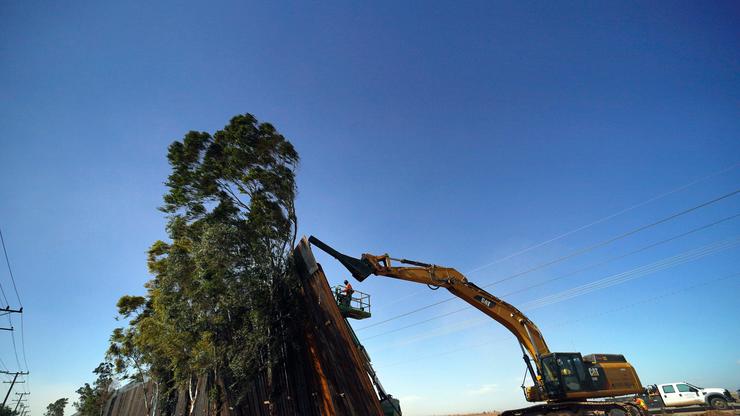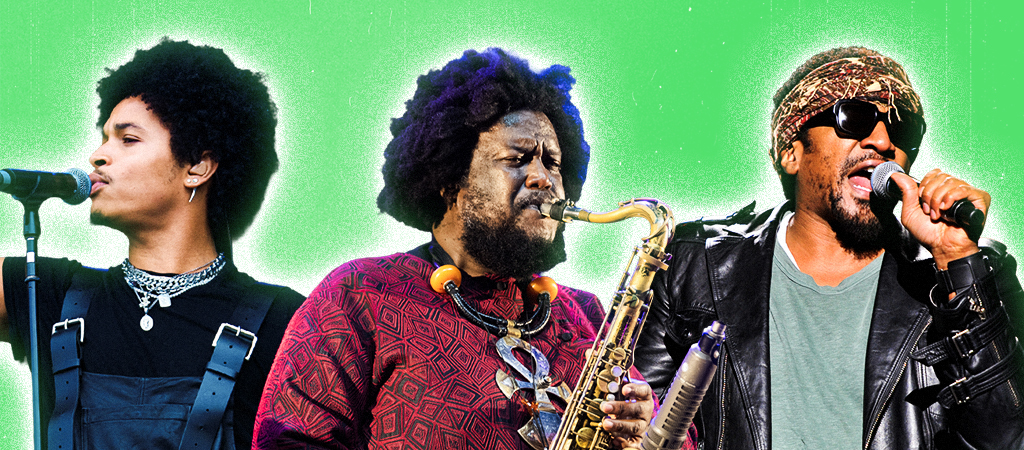A drug-smuggling tunnel was found at the U.S.-Mexico border.
President’s Trump’s infamous border wall design might have been trumped on Wednesday when U.S. Customs and Border Protection announced the discovery of a sophisticated underground passageway connecting Tijuana, Mexico, to San Diego, TX. Stretching for over 4,309 feet — more than 14 football fields — and buried 70 feet below the surface, the tunnel, built for transporting contraband substances, is equipped with an elevator, an intricate rail system, electricity, forced air ventilation and drainage. According to the authorities, it is the longest ever cross-border drug tunnel to be found after a 2,966-foot-long one was unearthed in San Diego in 2014.
Trump’s border wall design, which extends only a few feet below the surface appears ineffective against such deep, subterranean passageways, and mainly helps to keep smaller, crudely-built tunnels, often called “gopher holes,” at bay. More than 200 cross-border tunnels have been discovered near California and Arizona since the department of Customs and Border Protection was formed in 2003.
Following Wednesday’s discovery, John Callery, a DEA special agent issued a statement: “As efforts to strengthen security on our southern border increase, Mexican drug cartels are forced underground to smuggle their deadly drugs into the United States. The sophistication of this tunnel demonstrates the determination and monetary resources of the cartels.”
No arrests were made or drugs found and although authorities didn’t want to speculate about who they suspected of being behind the tunnel, Mexico’s Sinaloa cartel, known to be one of the largest drug-trafficking organizations in the world, operates in the area. Its founder and long-time leader, Joaquin “El Chapo” Guzman, is serving life in prison in the U.S.



